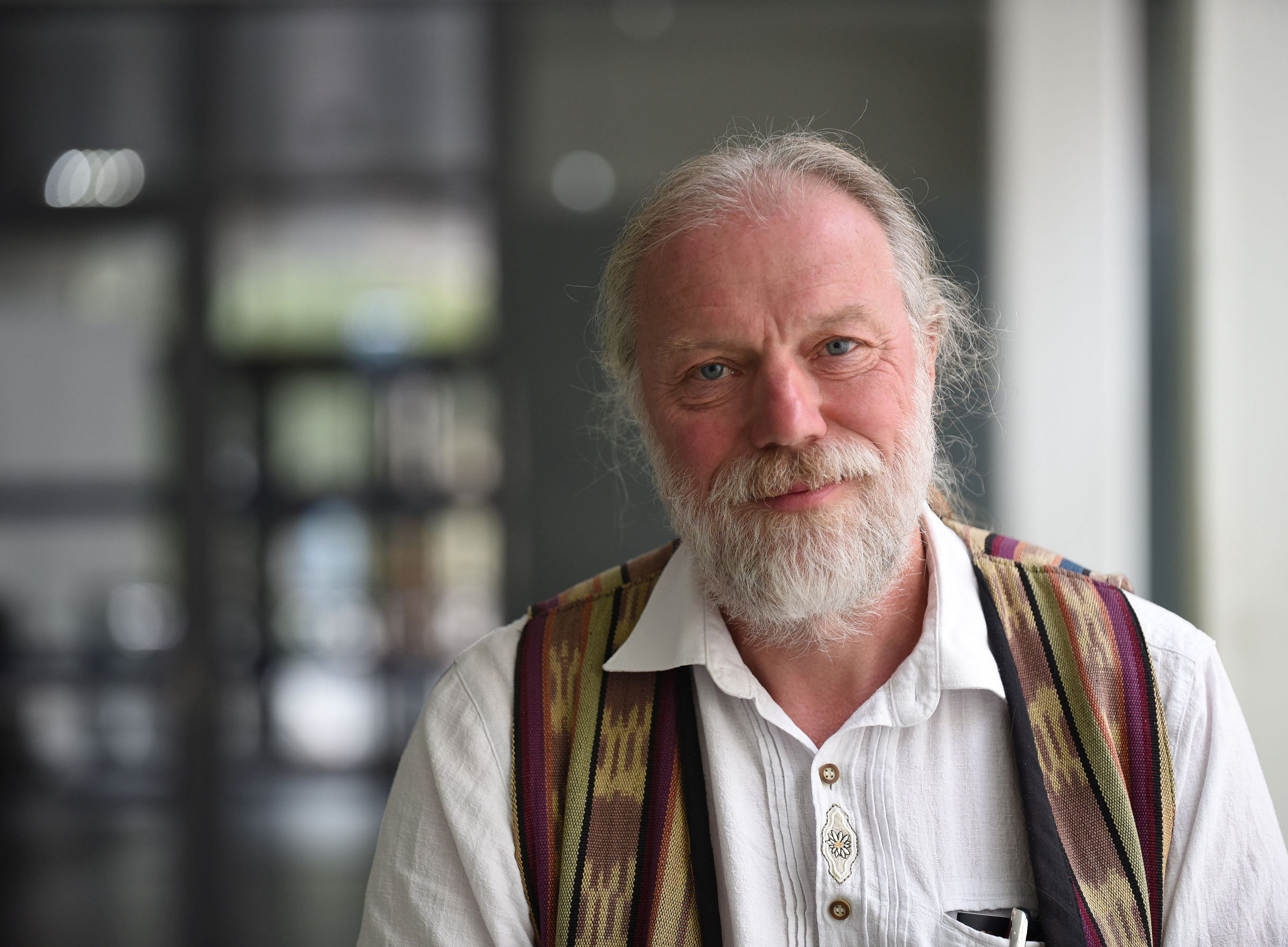A research group at the University of Graz led by chemist Jörg Feldmann has examined the Leibnitz and Gössendorf sewage treatment plants in Styria for residues of per- and polyfluorinated alkyl substances, PFAS for short. The research clearly shows that the wastewater of the city of Graz is polluted with the environmental toxins, which have been regularly detected in food, plants, animals and also in human blood since the 2000s.
The background: PFAS are among the most widespread plastics in industry and households, from where they get into the wastewater via textile washing, among other things. PFAS is a collective term for more than 10,000 individual substances that persist in the environment for a particularly long time, as do their degradation products.
For decades, the effects of these substances on human health were underestimated. It is now known that PFASs can affect the environment and human health for generations to come. Especially for pregnant women and small children, these substances pose a health risk.
Environmental toxin in the Mur
Research teams all over the world are now investigating the concentration of PFASs in wastewater. In Central Europe, however, the data is scarce, which motivated the Graz researchers to conduct their study. The laboratory results show that the discharged wastewater is already contaminated with various PFAS compounds. The amount of degradation substances such as extractable organically bound fluorine (EOF) are also significantly increased, as expected.
However, it is striking that the concentration of these substances is even additionally increased in the purified water. For Feldmann, this is a worrying result: "These measurable PFAS are very mobile and can even reach the groundwater and thus also appear in drinking water." The scientists assume that new PFASs are formed from synthetic precursor substances in the course of biological purification. This is also indicated by the water samples from the Mur, which were taken both upstream and downstream of the treatment plant.
Here it is clear that the proportion of PFASs in the surface water downstream of the treatment plants is increased. "The measured values are where you would find them in any big city," Feldmann explains. He does not see any failure of the sewage treatment plants here; there is simply a lack of the necessary technology.
"So far, there are no methods with which these substances can be removed from wastewater," explains scientist Viktoria Müller, who also carried out the measurements. She is therefore already planning a follow-up study: "I now want to investigate whether improved filter systems and treating the water with ozone can reduce the concentration with PFAS."
Publication:
Fluorine mass balance analysis of PFAS in communal waters at a wastewater plant from Austria. Viktoria Müller, Andrew Kindness, Jörg Feldmann. Water Research Volume 244, 1 October 2023
https://www.sciencedirect.com/science/article/pii/S0043135423009417
